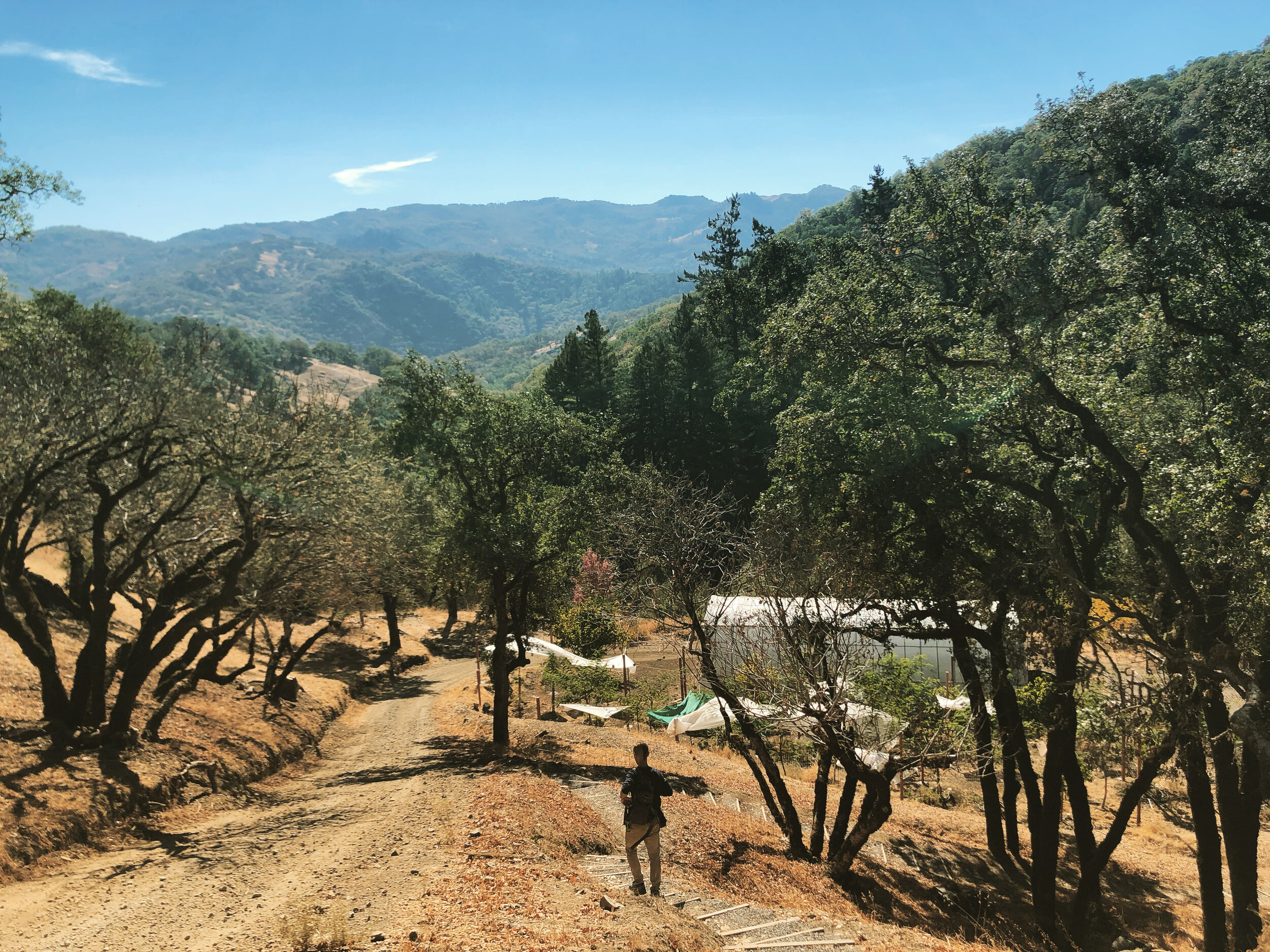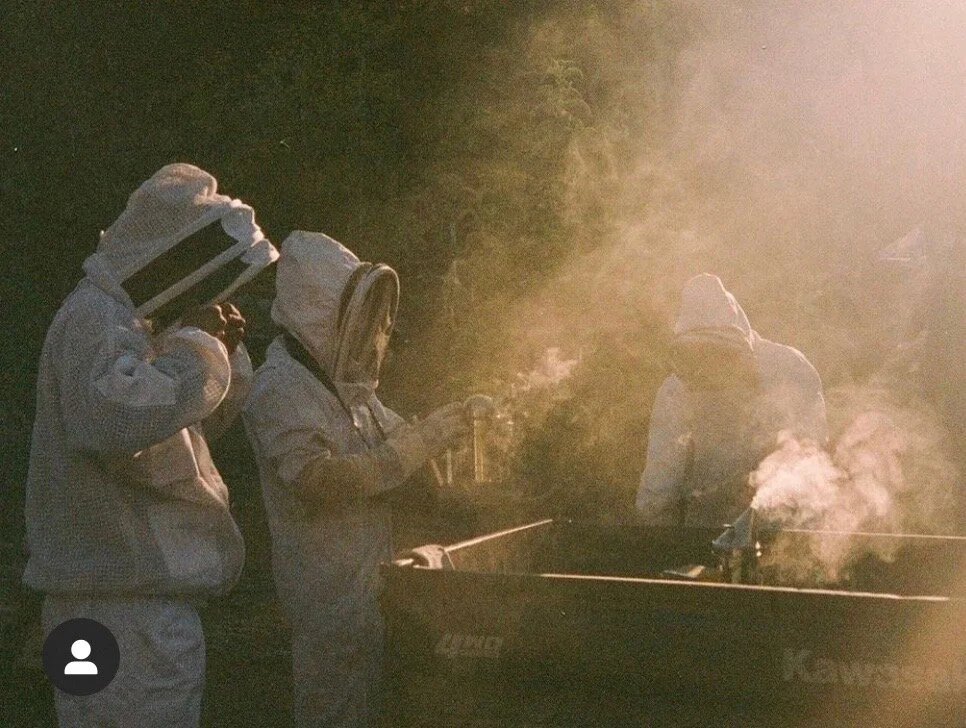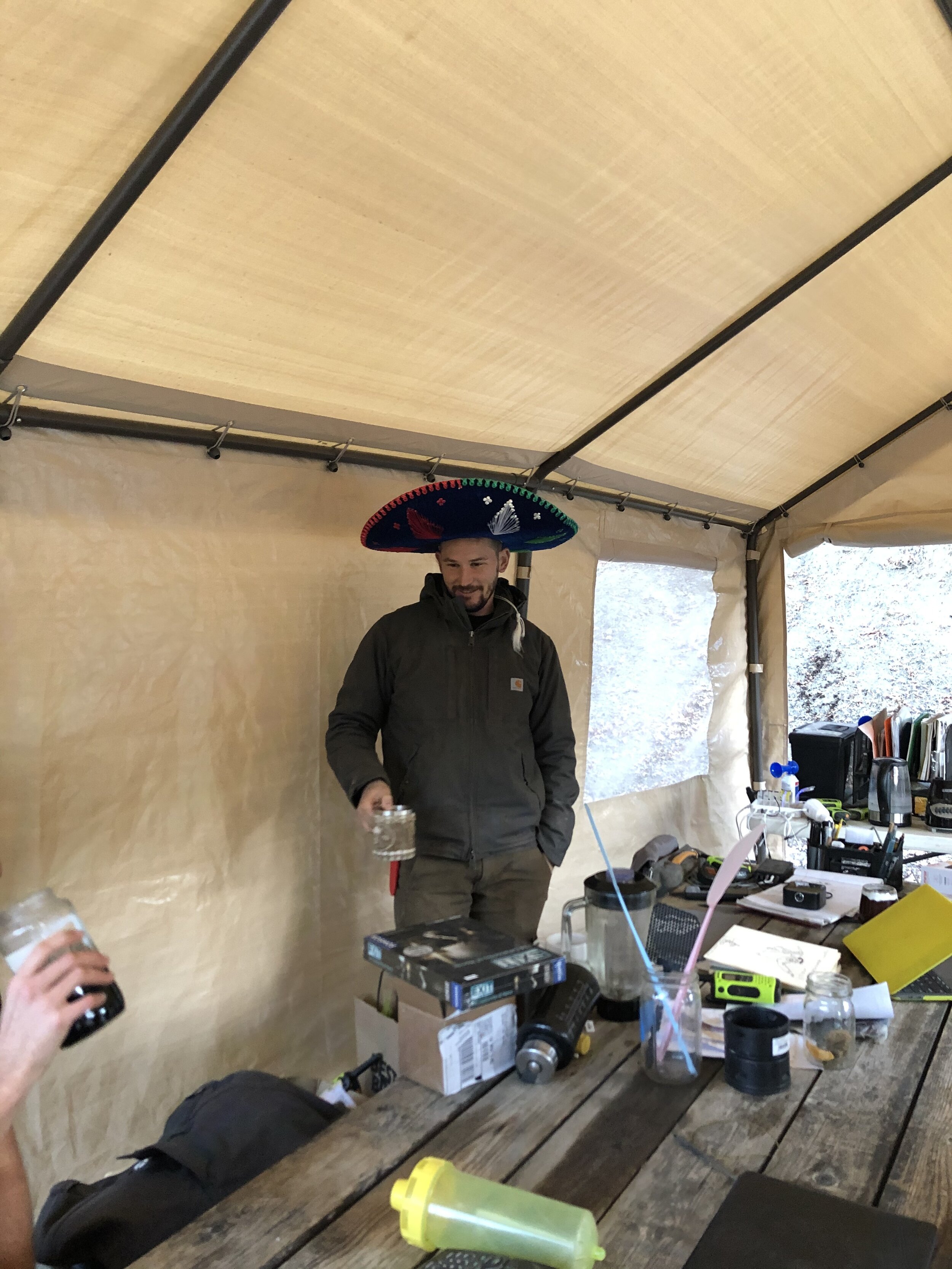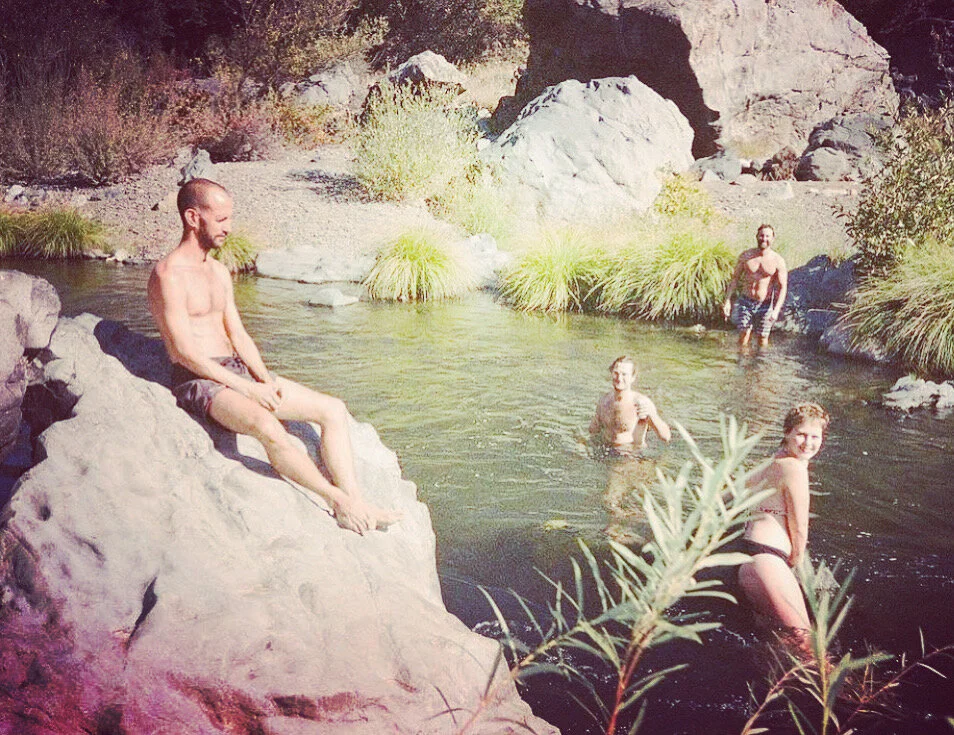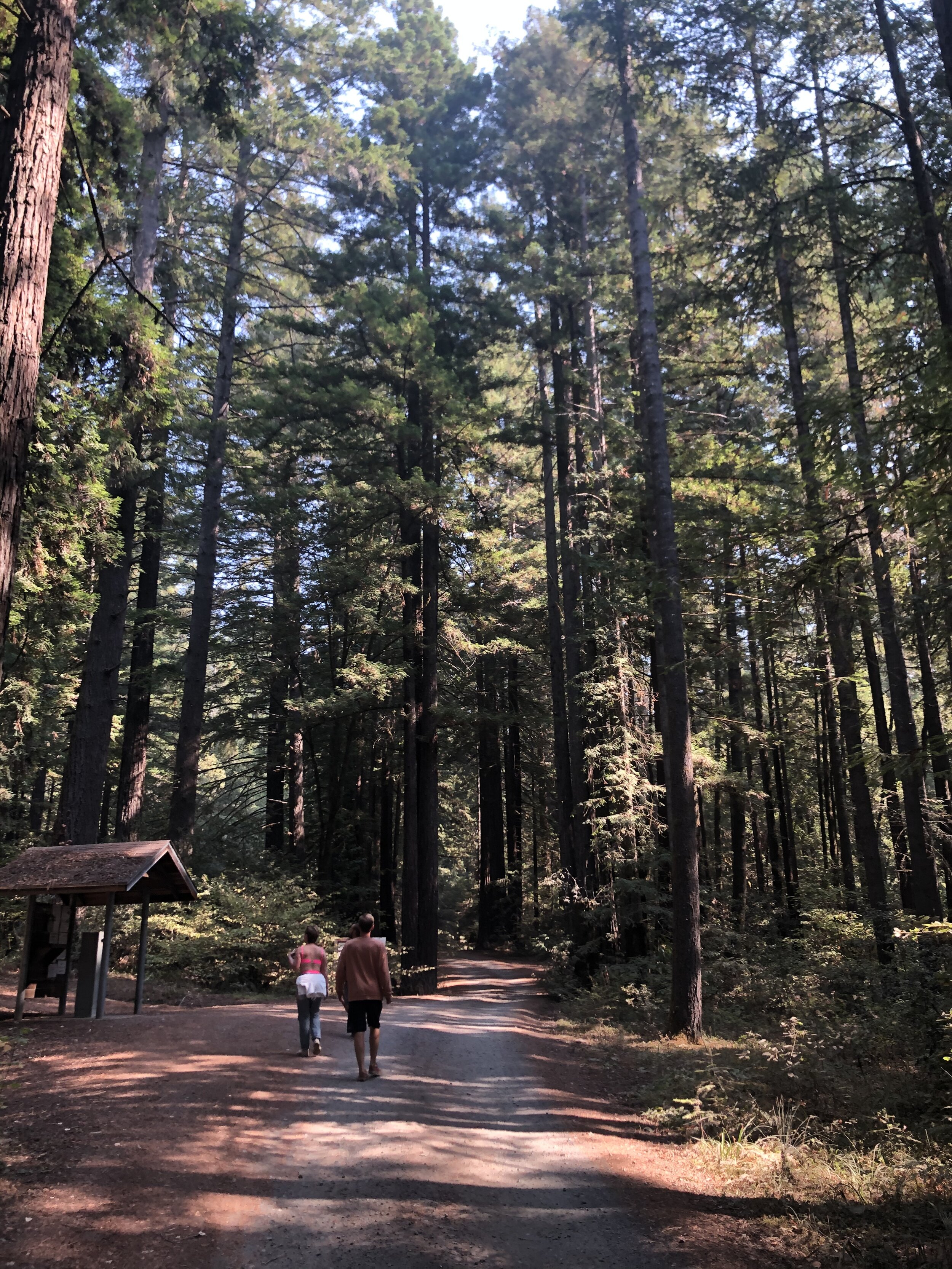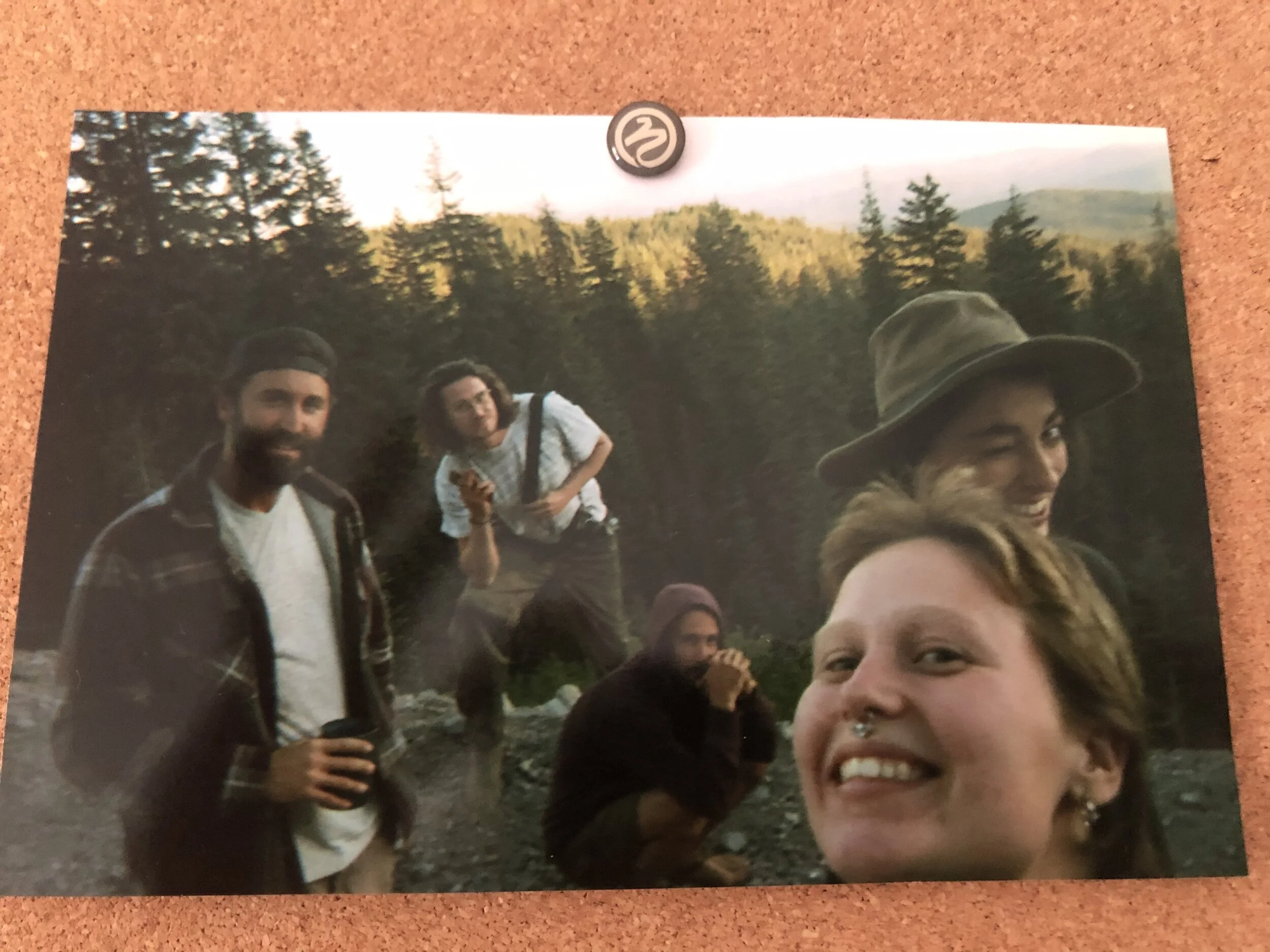Why WWOOFING Is The Secret Ingredient
What are some ingredients of a meaningful road-trip? You need a mix of freedom, a pinch of adventure, and a dash of hard work. If you desire to add a more sustainable and unique travel experience, then the secret ingredient is WWOOFING.
When my friends and family ask where I have been the past few months, I simply just smile and tell them I have been WWOOFING. To me, that acronym alone perfectly represents the road trip experience, and the friendships made (World Wide Opportunities on Organic Farms). To others, they simply look confused and ask you “what is that?”, “You worked on a farm?”
When the COVID-19 pandemic seemed like it was not going to end anytime soon, and that all international travel with an American passport became closed, I turned to WWOOFING to get me out on a roadtrip exploring more of my home country of the United States. WWOOF-USA - wwoofusa.org, currently offers opportunities on over 1,700+ farms across the US, with many open now to WWOOFers.
I had limited experience in farming, but I love working on the landl, and learning new traits. I also really believe in the need for sustainability, and organic farming. Going into the program I was excited to learn new practices on how to maintain a sustainable homestead, and how to travel as a volunteer.
As it turns out, the concept of voluntourism is growing in popularity as a travel style, and as we head into 2021 it will only get bigger. According to a 2015 survey by Marriott Rewards Credit Card from Chase, 84% of millennials said that they would travel abroad to participate in volunteer activities. 5 years later, not a whole lot has changed.
The WWOOF program provides you with an array of destinations to choose from, each offering different types of accommodations, work experiences, and most importantly scenery. Depending on your likeness of the outdoors, you may choose a farm in a more remote location in nature. For me, being off the grid was a very important, so I looked for placement on farms that were located away from major cities and towns.
Most recently, I was volunteering on a homestead in Ukiah, California. This was a unique opportunity, because the homestead was just starting up, and most of the work was going to be a lot of hands on education on the process of building a full functioning and sustainable homestead. In fact, the host had an application process for the month-long program they called Farmer Scholars. Our schedule would be structured, with time for education and training, as well as time for working in the field.
Having an idea of what you want to get out of your WWOOF experience will help you fliter and narrow down your list of potetial farms to visit. The best thing to do is simply ask questions. Use the platform to send the hosts questions, and try to get detailed information on what type of work is happening at the time of year you plan to visit. Of course nothing can be guranteed, and the needs on a homestead are always pivoting, but you will have some basic context of what to expect.
As you may already know, accommodations and food are basically your payment in exchange for your time and work during your stay. One thing I have learned, is that at each farm the level of comfort and the amount of food you get will be different. So, do you research, and try to arrange a visit in advance to your commitment to stay on the farm.
Here in Ukiah, the WWOOFERS lived together and we had a lot of private space that was away from the main house and the work sites. We had a community space for gathering, cooking, and any other group functions. For sleeping, you had the choice of a group bunkhouse, or finding some nice flat land for your tent. Depeding on your love of the outdoors, you may prefer to camp. Not all accomidations are the same on most farms, so be prepared to adapt to a new enviroment and step out of your comfort zone.
Food was provided weekly. A volunteer would go into town with a list we created and shop. All the food was organic and most of the time locally sourced. In order to build community among the volunteers, one person each night was in charge of cooking for the others. From my experience and from talking to other WWOOF volunteers, the food you eat while working can be some of the freshes produce and fruit you have ever had. I loved the idea of eating directly from the farm, and what we could not grow we sourced from other local farms.
Our schedule was an 8am to 3pm, 5 days a week, with weekends off. Each morning we would gather with the farm manager, who would explain the days tasks and jobs, then line us out to the field for the morning work. Most days, the morning jobs were spent up at the farm house loading materials and preparing for heading out into the field in the afternoon. The farm manager would spend this time breaking us out into groups and providing hands on training for the project we were to work on. For example, we needed to install long runs of PVC water piping to go from a pump tank into a man-made pond. We received training on fixtures, pipe types, and how to properly glue and connect pipes.
At the end of my one month stay my hands were dirty, new my experiences were a many, and our little volunteer community flourished. What makes volunteering as a WWOOFER a unique experience is the time you spend not working. On your off time you could explore more of your location, go on overnight road trips, and do some epic day trips. Our group went camping, did a beach day, and sometimes just spent entire afternoons alone as well. Being able to utilize the farm as a home base to your travel plans, is also a great way to see more and do more while on the road traveling.
It has become clear to me why WWOOFING is such an amazing opportunity, and given the right situation, it can change your life. You can take what you have learned and share that knowledge and respect for the land, and for other humans with every person you meet, and to the next farm you volunteer at as you continue your travels on the road.
Keep an open mind about your expectations, be thankful for the opportunities, and learn to take the good with the bad.
You will be joining a community of like-minded people who you will be happy to call friends, and you will be receiving a unique travel experience to remember.



